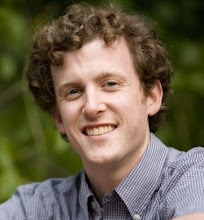"There are things the use of which does not consist in their consumption: thus to use a house is to dwell in it, not to destroy it. ... [A person] may grant [to another person] the use of the house, while retaining the ownership. For this reason a man may lawfully make a charge for the use of his house... The proper and principal use of money is its consumption or alienation whereby it is sunk in exchange. Hence it is by its very nature unlawful to take payment for the use of money lent, which payment is known as usury" (Summa, II.II 78.1).
He's drawing a distinction between those things whose use requires their consumption, and those which do not. Money belongs to the first category, but a house belongs to the second. Therefore, it is fair to charge a fee for the use of a house, even in the form of a mortgage, where the bank charges you interest in order to allow you to live in the house which they still 'own' until you've paid it off. You're getting some utility in exchange for your payment (namely, a place to live). On the other hand, it is not fair to charge interest for a monetary loan, because you never get to "use" what you borrow; you have to pay it all back.
As far as I can tell, by this logic, a mortgage is an appropriate agreement, but any derivative contract (such as the infamous credit default swap) is unjust. Such financial instruments are unjust because if you sell me a credit default swap, and someone defaults on the loan they owe to you, then you are obligated to pay me more than I paid you for the CDS. Ironically, that makes me the usurer; you, who constructed this financial instrument in the first place, are just a fool.
I suspect, though, that if you'd explained financial derivatives to Thomas, he wouldn't bother pointing out how purchasing credit default swaps is like usury. He'd probably just scratch his head, and wonder how people could be making money out of money, without having any real contact with the production or consumption of goods.

